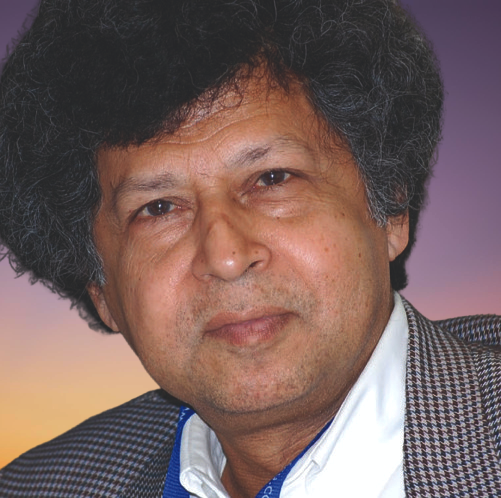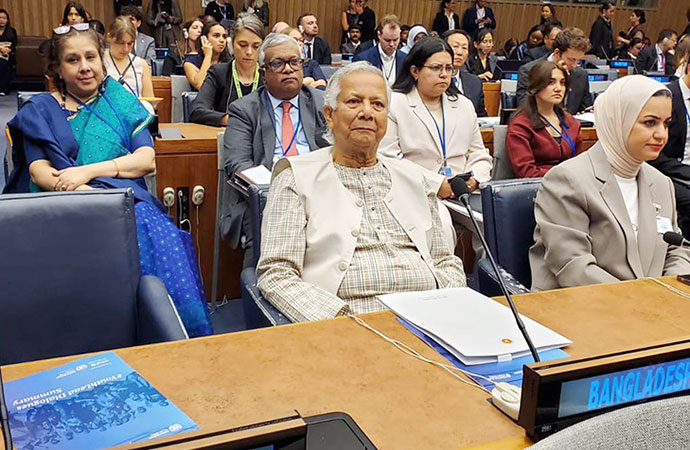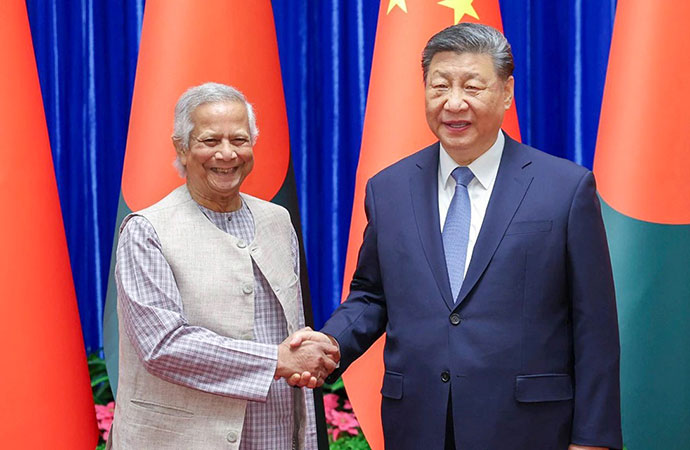Column

At Dhaka University, cafeteria workers have been told not to wear shorts. What seems like a petty order is, in fact, the first salvo from the new masters of campus politics: Islami Chhatra Shibir, the Jamaat-run student wing that swept recent elections. Today it's shorts. Tomorrow, beards, robes, and hijabs.
This is not an isolated skirmish. At Jahangirnagar University, victorious Shibir candidates have already demanded "modest dress" for women. A year ago, 1,500 free Qurans were distributed there with the vice chancellor's blessing. We should not be surprised if Friday prayers soon become mandatory. Across Bangladesh, we now see organized attacks on religious shrines, harassment of Bauls for their long beards, assaults on women for perceived immodesty, even calls to ban music from classrooms. If this is allowed to continue, where will it end-Talibanization?
A Rebellion Against the Old Order
Why did students, supposedly the most progressive slice of society, vote for an Islamist platform? The easy answer is disillusionment. For decades, Chhatra League and Chhatra Dal-proxies for the ruling parties-monopolized campus politics through violence, extortion, and hall capture. Students, sick of the racket, turned to the only organized alternative.
But the deeper truth is more unsettling. Students knew Shibir's Islamist character and voted for it anyway. Why? Because they felt liberal politics in Bangladesh had failed them.
The Failure of Liberalism
For fifty years, Bangladesh promised secular democracy, equality, and justice. Instead, it delivered corruption, one-party rule, and staggering inequality. Young people, facing 15 percent unemployment, see little in the liberal order worth defending.
Worse, secularism itself has been hollowed out. Every government-from Mujib to Zia, Ershad to Hasina-has sought legitimacy by pandering to religion: banning "un-Islamic" texts, funding madrasas, paying imams. Hasina went furthest, expanding madrasa enrollment even as millions dropped out of public schools. Today's Islamist victories are not an accident. They are the harvest of seeds sown by every regime since independence.
Liberalism is under siege everywhere-from J.D. Vance's America to Meloni's Italy to Modi's India. Religion and identity now outmuscle the old promise of individual rights. Bangladesh is part of this global turn.
Revolution or Roadblock?
Does this mean Bangladesh is fated to become another Iran or Afghanistan? Not yet. There are still obstacles: secular intellectuals, women's rising voices in work and public life, and the syncretic traditions of Bengali culture. These cannot be erased overnight. Even Jamaat itself is softening, hinting it will welcome minorities and women into its ranks.
The Task Ahead
Still, the direction is unmistakable. The spirit of 1971-secular, democratic, egalitarian-feels betrayed. To resist creeping Islamization, Bangladesh needs secular voices louder than clerics, writers and intellectuals who refuse to cede religion to professional preachers. Students themselves, even those seduced by Shibir, must realize that shorts, beards, and hijabs do not make a just society.
Bangladesh is at a crossroads. One path leads to a pluralist future, the other to theocracy dressed as morality. The choice is ours to make.
The writer is a journalist and author based in New York.

























Leave a Comment
Recent Posts
Religion and Politics: A Toxic ...
At Dhaka University, cafeteria workers have been told not to wear shor ...
Enayetullah Khan joins AsiaNet ...
AsiaNet’s annual board meeting and forum was held in Singapore, ...
In a New York minute
Many leaders back a UN call to address challenges to ..
Defaulted loans at Non-Bank Financial Institutions ( ..
How the late Zubeen Garg embodied cultural affinitie ..